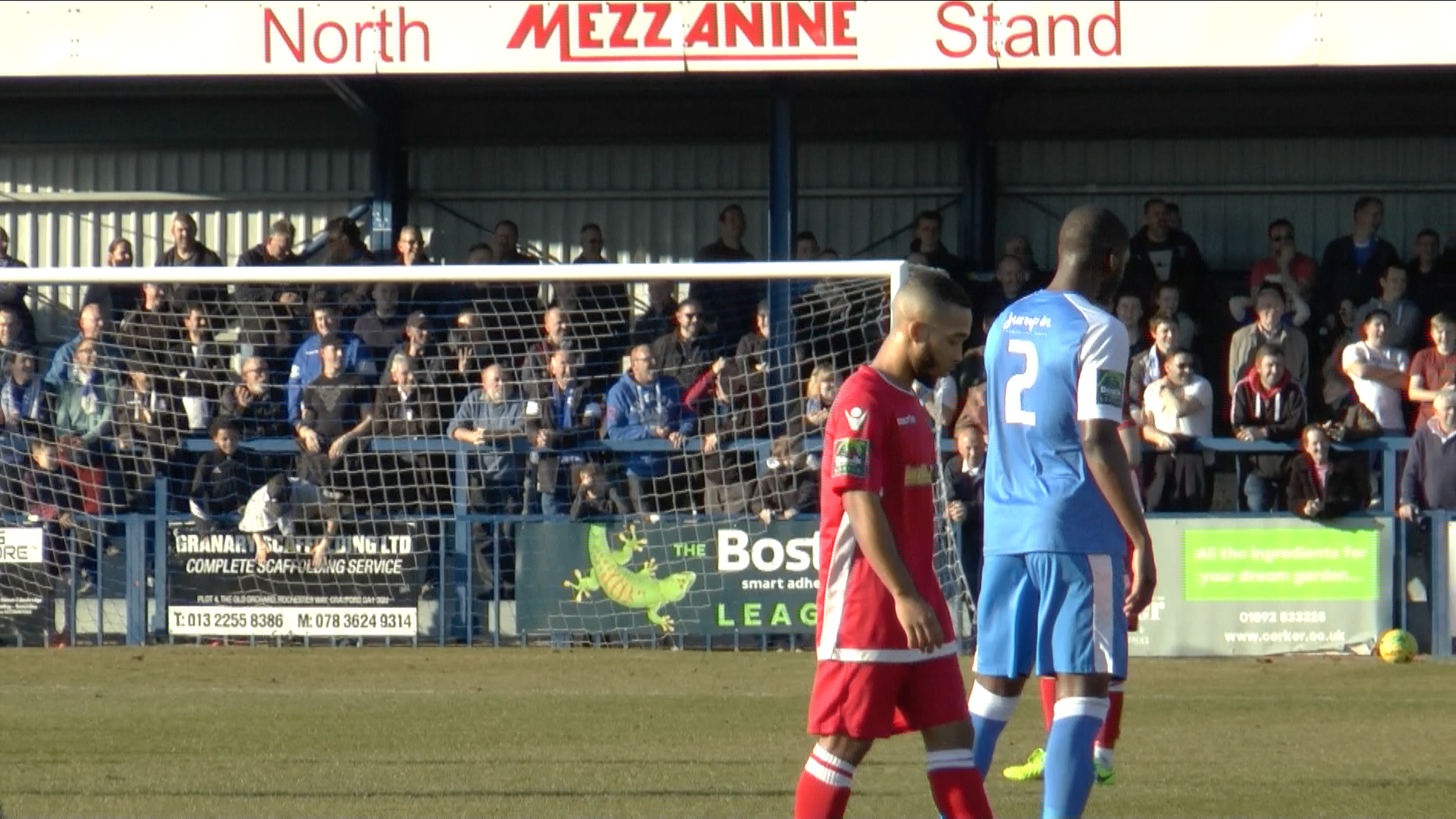Is fan involvement in English football dead in the water?
by Max Meads, reporter
For most people, the closest they can get to making the decisions and pulling the strings at a football club is through Football Manager. The fan of today is less involved than ever, and for the vast majority of clubs, the most important thing they do is paying £40 a week for a ticket.
However, there are a few clubs around the country that have been fighting back and adopting a structure of supporter ownership. The fans at these clubs are in control, voting on the Board of Directors and Chairman, who then make sure their concerns are heard.
There is a similar system in place in the Bundesliga, which is called the ‘50+1 Rule’. This Rule ensures that clubs cannot be majority owned by anyone other than the fans, with the club owning at least 51% of the shares in the club, which ensures that legislation that would prioritise profit over the fans’ concerns cannot be pushed through.
This has ensured that ticket prices have remained low in the Bundesliga, which has guaranteed that week in, week out, the stadia are packed with fans singing loud and proud. However, similar ideas have been slow and generally unsuccessful in England. There are just seventeen clubs in England that follow a supporter buyout structure, and every year fewer and fewer clubs keep to it.
What are the major problems?
Simply put, money. While the fans may be more involved at a fan owned club, this means they lack a major investor such as Chelsea’s Roman Abramovich or Manchester City’s Sheikh Mansour. These investors pour huge amounts of money into their clubs, and this is what keeps the lights on day-in-day-out.
Clubs that are fan-owned have come up with many ways of fundraising, such as Tonbridge Angels’ 12th Man Fund, which ensures that the palying budget is topped up throughout the season via donations from fans.
However, this cannot be consistently relied upon, and as such many clubs have cash flow problems.
What clubs have moved away from fan ownership?
There are many clubs that have adopted a supporter buyout model, also known as fan ownership, only to return to a majority shareholder system a few years down the line.
One such example at the moment is Wycombe Wanderers FC. Wycombe moved to supporter ownership on the 30th of June 2012, with a takeover by the Wycombe Wanderers Supporter’s Supporters Trust. Since then, the club was proudly owned by the fans, but in January 2019 the club moved to vote on whether to return to majority shareholder ownership, amid interest from American businessmen Bill Luby and Jim Collis, which the Legacy Members of the club have been voting on for some time.
There is also an argument to be made that a fan owned structure doesn’t allow the club to keep up in the professional leagues. AFC Wimbledon have been fan owned since their formation after the original Wimbledon was moved and renamed to MK Dons in 2002. AFC Wimbledon are currently sitting 22nd in the League One table, with the Wombles’ tough remaining fixtures looking to make them a near-certainty to go down.
For some clubs that have undertaken fan ownership, however, relegation would be a preferable alternative to what they had instead. Scarborough Town FC formed after the liquidation fo Scarborough FC, and enjoyed a successful final two years in regional leagues in the North before financial problems caused the club to fold, with the Seamer Road stadium remaining derelict since 2007.
You can explore England’s formerly fan owned clubs and why they reverted ownership in the map below.
So why do clubs bother?
There is a great deal of potential to be had with supporter owned clubs. The fan-owned aspect of clubs such as Wycombe Wanderers, Lewes FC and Tonbridge Angels FC allows them to become pillars of the local community, and fans of Tonbridge Angels are in agreement that being a fan-owned club has made the club more open and welcoming for even the casual fan to come down every weekend.
The need for extra funds opens up opportunities for the club to host events such as match screenings, dinner events and festivals. These open up the club to the public more than just for a few hours on Saturdays, and bring in a good amount of money along with improving the profile of the club.
Tonbridge Angels FC Chairman Dave Netherstreet was overall in favour of the system in place at his club, saying that a majority shareholder structure lends itself easily to wastefulness, and that the structure is generally unsustainable due to the shareholders’ ability to pull their money out whenever they feel like doing so.
Fanatomy of a Club explains these issues in detail, from the viewpoint of Isthmian Premier club Tonbridge Angels FC and how they make such a cash-strapped structure work for them.
You can watch that here.

